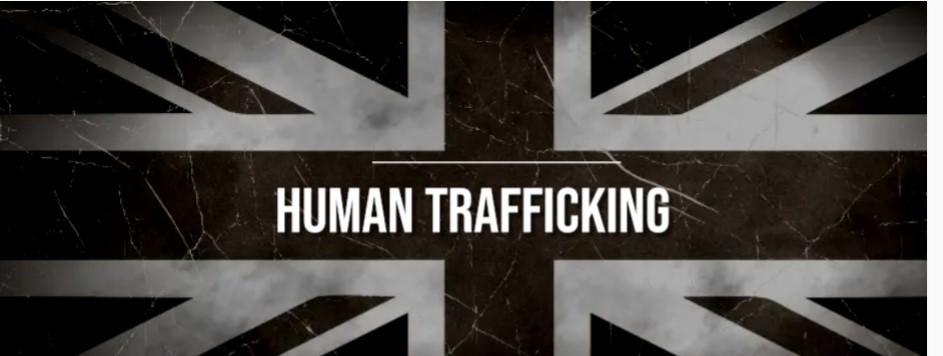
(Photo credit: Pixbay)
There is no decency or justice in abandoning trafficking victims to face torture and the death penalty. This was the warning last April from an investigation by the international legal advocacy organisation Reprieve on the failure by UK public bodies to protect Muslim women and girls being trafficked to Syria by the so-called Islamic State.
A newly released Parliamentary report has condemned the UK Government for abdicating its international obligations by refusing to repatriate trafficking victims and stripping them of their citizenship.
The UK has long served as a destination country for human trafficking victims. But in recent years, more and more vulnerable British nationals have been ripped away from their communities and trafficked beyond these borders. According to the National Referral Mechanism, British nationals are more likely to be lured against their will than any other nationality in the UK. It is within this backdrop that ISIS systematically trafficked and exploited hundreds of women and girls into Syria and Iraq.
Sophisticated grooming techniques to deliberately deceive Muslim girls have been documented. In addition, there has been online grooming, fraud, deception and coercion used, including through dating sites.
Tactics have been similar to those employed by paedophile rings. Almost half of the Britons detained in Syria were children when they travelled. Legal experts have identified how women who may have consensually travelled to ISIS-held territories, including even through marriage, but whose experience became domestic servitude and sexual slavery.
Shamima Begum, who was controversially stripped of her British citizenship and denied the right to return, has drawn the most attention.
Yet Reprieve found that around 800 Britons travelled to ISIS territory and that approximately 25 adults and 34 children are still in the region. Examining the UK Government’s response, the All-Party Parliamentary Group on Trafficked Britons in Syria has been damning the approach by public bodies as being morally reprehensible, legally dubious and utterly negligent. Co-chair Andrew Mitchell even revealed that the US had told the UK to bring their families home, while European allies had shown how.
Worryingly, the inaction continues. The other Co-Chair, Baroness Warsi, has described families reeling from the disappearance of their daughters and sisters victimised by Daesh, but have been “treated like criminals and then ignored.”
The Government, she warns, has “used its powers to deprive citizenship almost exclusively against Muslims, and is now seeking to extend these Draconian powers, signalling to Britons from minority communities that their rights can easily be taken away.” To break this damaging cycle of alienation, she urgently calls for the need to listen to victims and their families.
Only by bringing home the vulnerable victims of human trafficking will this Government honour its international obligations and put an end to its irresponsible behaviour.